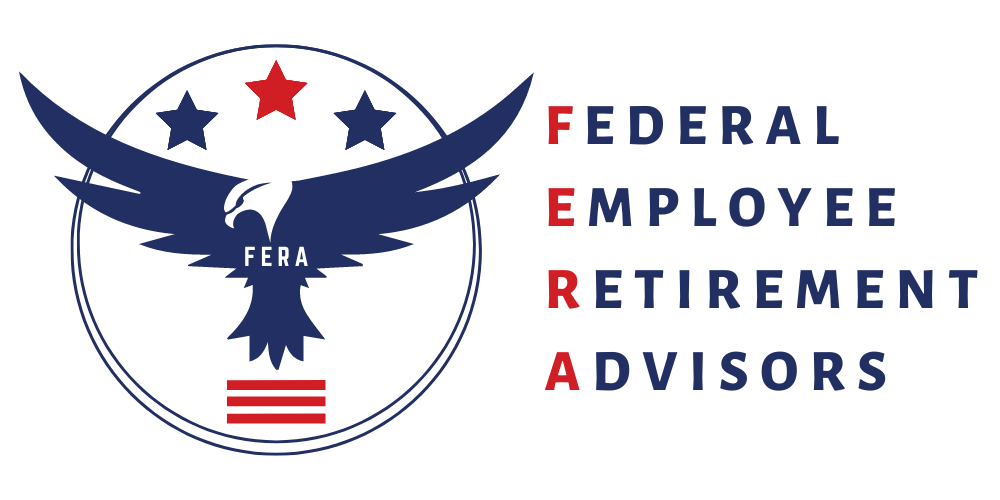Planning for retirement involves considering various aspects, and one crucial element is healthcare. As a federal employee nearing retirement, understanding how Medicare and Federal Employee Health Benefits (FEHB) work is vital. In this blog post, we will break down the complexities of these healthcare options, provide layman’s explanations of key terms, and explore the benefits of working with a professional retirement advisor that specializes in federal retirement.
Medicare: Simplifying the Basics
Medicare is a federal health insurance program primarily designed for individuals aged 65 and older. It consists of different parts that cover specific services. Here’s a breakdown of the main components…
Medicare Part A (Hospital Insurance): Covers inpatient hospital care, skilled nursing facility care, hospice care, and some home healthcare. It is generally premium-free for most beneficiaries who have paid Medicare taxes while working.
Medicare Part B (Medical Insurance): Covers doctor’s visits, outpatient care, preventive services, and medical supplies. Requires a monthly premium, based on income, and an annual deductible.
Medicare Part C (Medicare Advantage Plans): Offered by private insurance companies approved by Medicare. Provides Part A, Part B, and often Part D (prescription drug coverage) benefits. May offer additional services like dental, vision, or fitness programs.
Medicare Part D (Prescription Drug Coverage): Helps pay for prescription drugs. Available through private insurance companies offering Medicare-approved plans.
Federal Employee Health Benefits (FEHB) Program: What You Need to Know
As a federal employee, you have access to the FEHB program, which provides comprehensive healthcare coverage. FEHB offers a variety of health insurance plans, including fee-for-service plans, health maintenance organizations (HMOs), and preferred provider organizations (PPOs). It allows you to select the plan that best meets you and your families healthcare needs. FEHB coverage can continue into retirement if specific criteria are met. It also allows portability, meaning you can keep the coverage if you move to a different state or leave federal service.
The Importance of Professional Retirement Advisors
Navigating Medicare and FEHB options can be overwhelming. Here’s why working with a retirement advisor at FERA can be highly beneficial…
Expertise and Knowledge: FERA retirement advisors specialize in federal benefits and have in-depth knowledge of Medicare and FEHB. We can explain complex jargon, answer questions, and guide you in making informed decisions.
Personalized Retirement Planning: FERA retirement advisors assess your unique circumstances and goals to create a tailored retirement plan. We consider factors such as your health, financial situation, and desired lifestyle to help you make the right healthcare choices.
Maximizing Benefits and Savings: A FERA retirement advisor can analyze your healthcare needs and recommend cost-effective Medicare and FEHB options. We can help you understand how different plans work together and optimize your coverage while minimizing expenses.
Planning for healthcare in retirement is essential for federal employees. Understanding Medicare and FEHB is crucial for making informed decisions. By working with a retirement advisor at FERA, you can receive personalized guidance and maximize your healthcare benefits while saving money.
Remember, your retirement should be a time of peace and security. If you have questions or need assistance with your federal retirement planning, don’t hesitate to reach out to us to ensure you have the knowledge and support you need to make the most of your federal retirement benefits.

